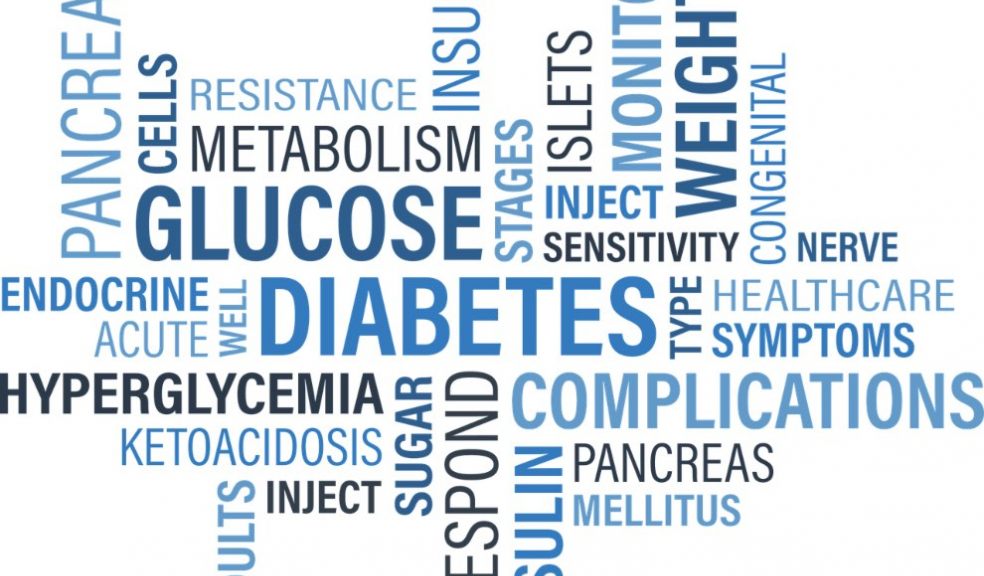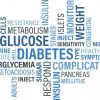
Diabetes UK urges parents to be 4Ts aware during lockdown
Diabetes UK is urging parents not to let coronavirus fears stop them from seeking medical help if they’re worried their child is showing the signs and symptoms of type 1 diabetes.
Echoing comments made on Wednesday (8th April) by Professor Stephen Powis, National Medical Director of NHS England that the public should – as they always have done – seek emergency care if they need it, the charity is reminding parents of the 4Ts of type 1 diabetes, and reassuring them that if they need urgent help – the NHS is open.
Type 1 diabetes is the most common form in children and young people. But new research from Diabetes UK has found that almost a quarter (23%) of all newly diagnosed children and young people with type 1 diabetes in England and Wales were not formally diagnosed until they had become seriously ill with diabetic ketoacidosis, or DKA.
DKA is life threatening but, in most cases, preventable. Acting quickly can save lives, so Diabetes UK wants to raise awareness of the common early symptoms of type 1 diabetes, so that children are diagnosed sooner and more safely.
The early signs and symptoms are easy to mistake for a viral infection or other illness, which is why it’s so important to be 4T aware.
What are the 4Ts?
- Toilet - Going to the toilet a lot, bed wetting by a previously dry child or heavier nappies in babies
- Thirsty - Being really thirsty and not being able to quench the thirst
- Tired - Feeling more tired than usual
- Thinner - Losing weight or looking thinner than usual
These symptoms of type 1 diabetes are also the most common symptoms in adults, who should equally be type 1 aware, and other symptoms can include infections such as thrush, or blurred vision.
The symptoms of type 1 diabetes come on very quickly – over a few days or weeks – and need urgent treatment. Without treatment, consistently high blood sugar levels can lead to DKA. DKA can often be treated with insulin and fluids if it is picked up quickly. But the life threatening complication could be prevented entirely if the signs of type 1 diabetes are spotted early.
Diabetes UK’s analysis is based on the National Paediatric Diabetes Audit Hospital admissions and complications reports 2012-2015 (2017). These reports show that each year around 600 children and young people received a type 1 diabetes diagnosis only after they developed DKA – a medical emergency which must be treated in hospital quickly.
While the UK is under lockdown, Diabetes UK has also been hearing anecdotally from clinicians that disproportionate numbers of young people are arriving for urgent care already in DKA, further highlighting the need for people to act, and fast, if they suspect type 1 diabetes.
Dan Howarth is Head of Care at Diabetes UK. He said: “We know that parents currently have a million things on their mind, and they’re doing everything they can to keep themselves and their families safe during the coronavirus outbreak.
“But diabetic ketoacidosis can be a life-threatening complication of diabetes. If a child or young person does not receive immediate treatment for DKA, it can lead to coma, or even death.
“It is vital that parents are aware of the early signs of type 1 diabetes and seek help if they need it. The NHS is open, and the health service is still there for you. The quicker children are diagnosed the less likely they are to become seriously ill. If you spot the signs, please call 999.”
Information about the signs and symptoms of all types of diabetes can be found here: https://www.diabetes.org.uk/diabetes-the-basics/diabetes-symptoms
Find out more about DKA and what you can do to avoid it here:https://www.diabetes.org.uk/guide-to-diabetes/complications/diabetic_ketoacidosis
Diabetes UK has also prepared up-to-date guidance to support anyone living with or affected by diabetes during the coronavirus epidemic, which can be found at: www.diabetes.org.uk/coronavirus

















